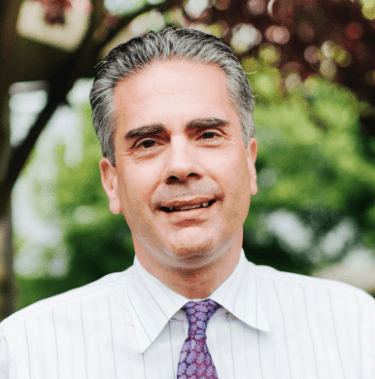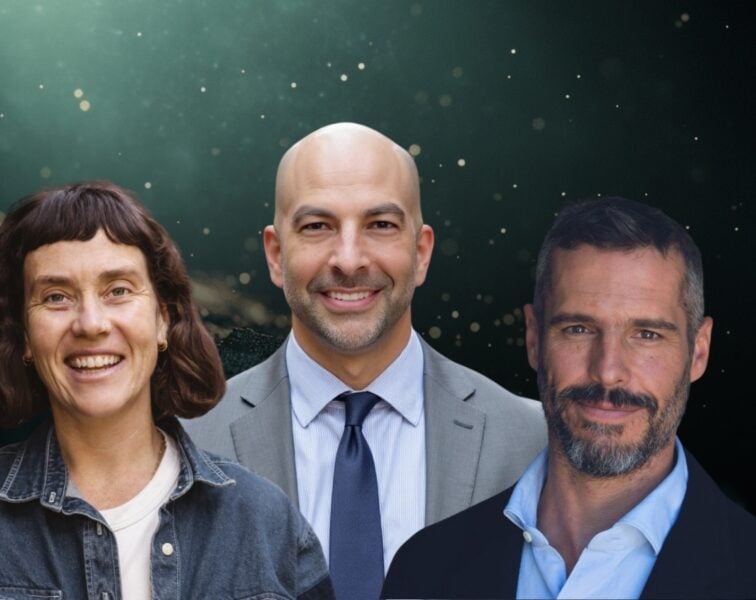Paul Conti is an author and practicing psychiatrist who specializes in helping people heal from trauma. In this episode, Paul returns to The Drive to delve into the intricate relationship between emotional health, healthspan, and lifespan. He first challenges common assumptions about the inevitable decline of emotional health with age, providing strategies for conducting a comprehensive audit of internal emotional health. He establishes a framework for the foundation of good emotional health: a balance between the generative drive, the assertive drive, and the pleasure drive. Paul also explores the nuanced dynamics of motivation, happiness, and satisfaction as it relates to material possessions, draws connections between physical and emotional well-being, confronts the impact of negative self-talk, and describes how making peace with our mortality can foster a sense of hope, purpose and well-being. Additionally, Paul offers many practical insights into initiating emotional health improvements and navigating the search for a suitable therapist.
Subscribe on: APPLE PODCASTS | RSS | GOOGLE | OVERCAST | STITCHER

We discuss:
- The importance of prioritizing emotional health as we age [2:45];
- The impact of emotional health on healthspan and how to foster a proactive approach to emotional well-being [7:00];
- The discrepancy between outward success and inner fulfillment, and the importance of a healthy “generative drive” for genuine well-being [13:00];
- A deeper dive into generative drive: impact on human behavior, resilience, purpose, and more [23:15];
- Evaluating one’s inner self: introspection, self-awareness, challenging societal norms, and returning to the basics of physical and emotional well-being [29:00];
- Self-auditing tools: introspection, curiosity, and exploring underlying reasons for unwanted behaviors [41:45];
- Breaking free from destructive cycles by understanding the continuum of self-care and addictive behaviors and remaining curious [50:15];
- Critical self talk: the malleability of one’s inner dialogue and the potential for transformative change with perseverance and self-compassion [1:00:15];
- Slowing the anger response and gaining insights into the underlying triggers to achieve lasting change and self-understanding [1:13:45];
- Foster gratitude and humility by achieving balance between the three drives—assertion, pleasure, and generative [1:20:45];
- The conflict between intellectual understanding and emotional feelings, problematic comparison frameworks, and the importance of living in the present with intentionality [1:24:15];
- How making peace with our mortality can foster a sense of hope, purpose and well-being [1:34:45];
- Advice for finding a compatible therapist [1:43:45];
- The key components of therapeutic progress [1:57:00];
- The caricatures of four common patient phenotypes, and how to get through to them [2:05:30];
- How Paul manages his own well-being and the emotional challenges that come with his line of work [2:15:15]; and
- More.
Get Peter’s expertise in your inbox 100% free.
Sign up to receive An Introductory Guide to Longevity by Peter Attia, weekly longevity-focused articles, and new podcast announcements.
The importance of prioritizing emotional health as we age [2:45]
- As Peter’s thinking on longevity has evolved, he feels more and more drawn to healthspan over lifespan
- Not that these are ever mutually exclusive (they’re not)
- And virtually without exception, anything that’s enhancing healthspan is enhancing lifespan.
- It’s just a question of focus, and when you focus more of your energy on healthspan, you’re getting a lot of those lifespan benefits for free
- You can clearly do a lot of the one-off stuff that is purely lifespan related (like managing your apoB and cancer screening and things like that)
- But it’s this focus on cognitive health and physical health that get you so much of that lifespan benefit, and of course you’re enjoying the quality of your life
- Those 2 decline quite predictably, and so really what we’re trying to do is we age is delay the rate of decline
- There’s this 3rd component of healthspan, which is emotional health, which is what obviously we’re going to speak about in great detail
- What Peter tells people (and what he tells himself when he’s feeling a little depressed about aging) is that the thing we have going for us is that is the 1 thing that doesn’t have to get worse with age
- Everything else gets worse with age
- You can do quite a bit to mitigate that and reduce the magnitude of the negative derivative, but you’re not making it a positive derivative
- But this doesn’t have to be true for emotional health
In your experience working with people, do you see that people generally become happier and more satisfied as they age?
How deliberate does one need to be about emotional health to ensure that you can be on an increasing curve of emotional health as you age?
- Unfortunately, emotional health often declines as people get older
- That is sort of the rule, but it doesn’t have to be
- Emotional health can improve throughout the lifespan, but there’s so many things that we have to be aware of
- Does it take intention? Yes
- We have to really think about how we take care of ourselves
- How is your emotional health setting the climate for your physical health, your cognitive health, for your happiness?
- Very often we get swept up in this idea that, “Oh, time is passing and we’re getting older. Isn’t that bad?”
- There’s a whole set of societal standards that bias us away from good emotional health as we get older
- This idea that “It’s sad that we lament getting older and we talk about how fast times is going”, because that’s really a societal construct
“It’s a social construct that we can change… if we’re actively taking care of ourselves.”‒ Paul Conti
- Taking care of ourselves means taking care of our bodies so we can remain active
- Remaining interested in new things ‒ learning
- Keeping an expansive mindset that if we’re doing this, we’re setting a climate inside of us that is conducive to all these other good things to healthspan, lifespan, cognitive health
- So often we say that we’re trying to do that, but we’re ignoring the climate that we’re living in
- And we have much more control over that
Part of the message of healthspan and lifespan is attend to our emotional health and take it seriously because we’re living in it day in, day out
- We’ve got to step back from our lives often and look at what we are presuming
- Are we thinking, “Oh, it’s just bad to get older and the jokes and all the dialogue within us is negative”
- Or, can we feel good about getting older that we have achievements under our belt
- And have learning and wisdom that we didn’t have before
- And continue to stay curious and active and get happier and healthier across the lifespan
- There’s a demographic of people for whom that’s absolutely true, and it’s wonderful to witness them
- They’re very, very different than people who are not like that
- People that are still bright-eyed, engaged in the world as they age
- And that doesn’t happen by accident
The impact of emotional health on healthspan and how to foster a proactive approach to emotional well-being [7:00]
- When someone asks Peter to explain what the cognitive component of healthspan is, we can talk about executive function, we can talk about processing speed, we can talk about recall memory
- Of course, you can drill down further and further and further into these things and you can start to paint a pretty comprehensive picture of what cognitive health involves
- You can also do that cognizant of the changes that occur
- Arthur Brooks has written quite eloquently about the transition from fluid intelligence to crystallized intelligence
- [In the book From Strength to Strength, and discussed in episode #226]
- While our fluid intelligence peaked when Peter and Paul met each other (and in that regard they’ve only become stupider), they’ve gained other intelligence (this crystallized intelligence) that’s more experiential and more about pattern recognition
- While we might not have the processing speed we once did, we’re intelligent in a different way
{end of show notes preview}
Would you like access to extensive show notes and references for this podcast (and more)?
Check out this post to see an example of what the substantial show notes look like. Become a member today to get access.

Paul Conti, M.D.
Paul Conti earned his medical degree at Stanford University. He completed training as a clinical psychiatrist at Stanford and at Harvard, where he served as chief resident. He continued at Harvard Medical, serving on the faculty while he also worked in private practice. In 2008 he moved to Oregon and during his first full year of practice there, was named as one of Oregon’s top psychiatrists. In 2014 he founded the Pacific Premier Group, where he is currently the President and also works as a psychiatrist and consultant.
Dr. Conti is a general psychiatrist, treating all aspects of both mental illness and the impact of life stressors. Dr. Conti is adept at helping people untangle complex problems, and he incorporates a holistic view of each client or patient into his work, knowing the far-reaching impacts trauma can have upon the systems and communities in which an individual resides, works, and serves. His practice includes the use of medications and psychotherapy, and he also treats complex cases, co-occurring alcohol and drug issues, and does neuropsychiatric assessments.
Dr. Conti is the author of Trauma: The Invisible Epidemic, a book that brings his valuable insights about how we can collectively heal from trauma’s effects to a larger audience. [Pacific Premier Group]
Website: DrPaulConti.com



